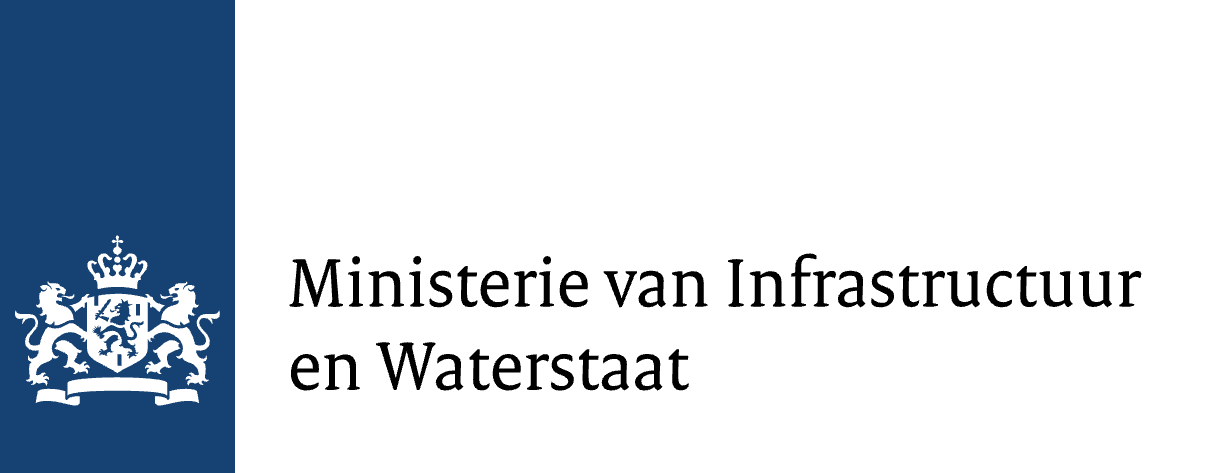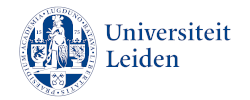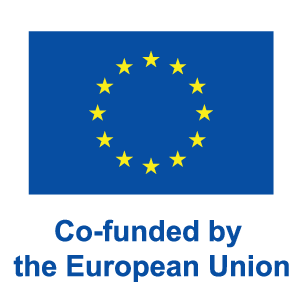
Objective of Work Package : We will estimate impacts on ecosystem functions through quantifying the impacts on functional diversity and ecosystems services for environmental pressures both on land and at sea. Regarding functional diversity, we will develop global, regionalized impact assessment methods for climate change impacts on terrestrial, freshwater, and marine ecosystems, eutrophication impacts on freshwater and marine ecosystems, and overfishing impacts on marine biodiversity. This complements ongoing efforts of ETH and ULEI for land use impacts on terrestrial ecosystems. Regarding ecosystem services, the focus will be on regulating services (pest control, pollination, soil erosion protection and carbon sequestration).
Methodology : We will develop impact assessment methods in line with those used in life cycle assessments and which can also be linked to MRIO analysis. It requires statistical, scenario, and spatial analyses. Possible methods to draw from for such assessments are natural experiments, the ecological niche concept together with the simulation of scenarios, and the fitting of statistical relationships between functional diversity and environmental pressures similar to species-sensitivity distributions. Functional diversity will be measured as functional richness, evenness, and divergence, and possibly partly as functional rarity. For ecosystem services, we will extend the GLOBIO-ES model simulating ecosystem service supply to also assess impacts. This will be done by comparing the supply to a baseline.
Output : We will deliver global, regionalized characterization factors that link environmental pressures to impacts on functional diversity and ecosystem services. These characterization factors will subsequently be used to assess the impacts of trade (WP3) and transformative change scenarios (WP4) globally and in case studies and compare them with impacts on species diversity (WP1).








